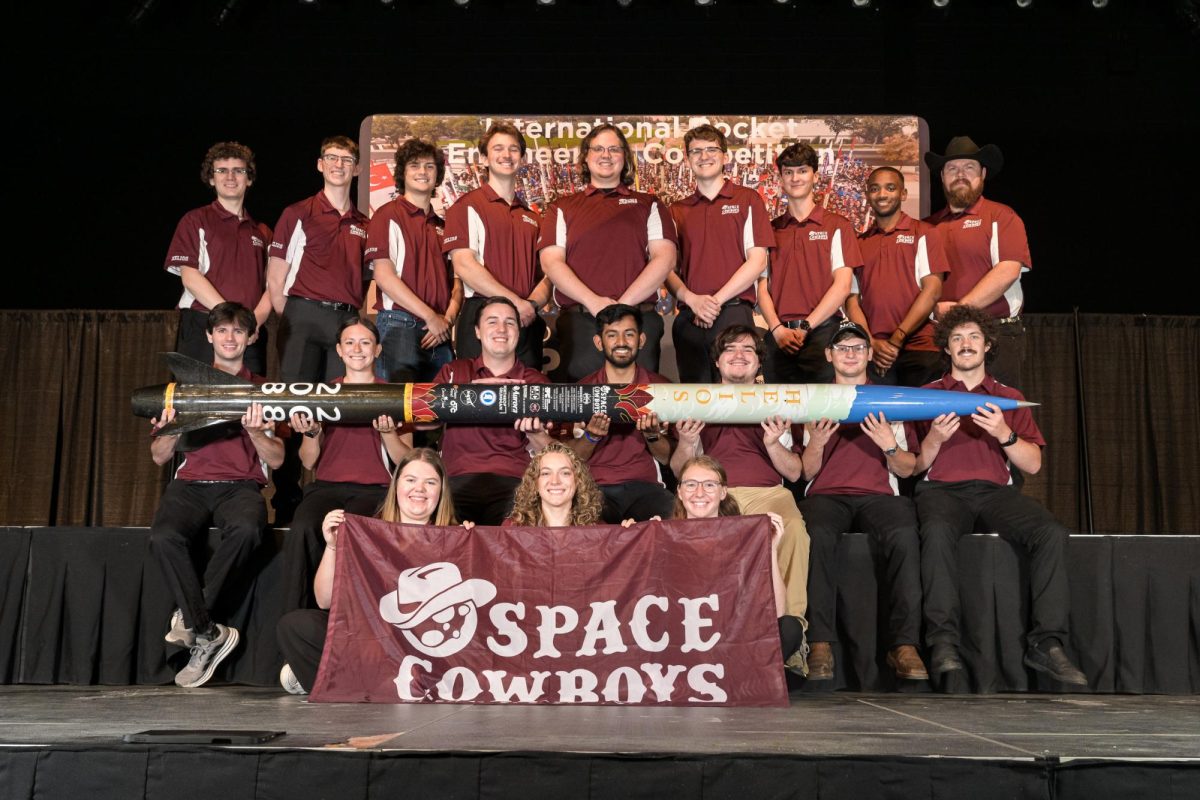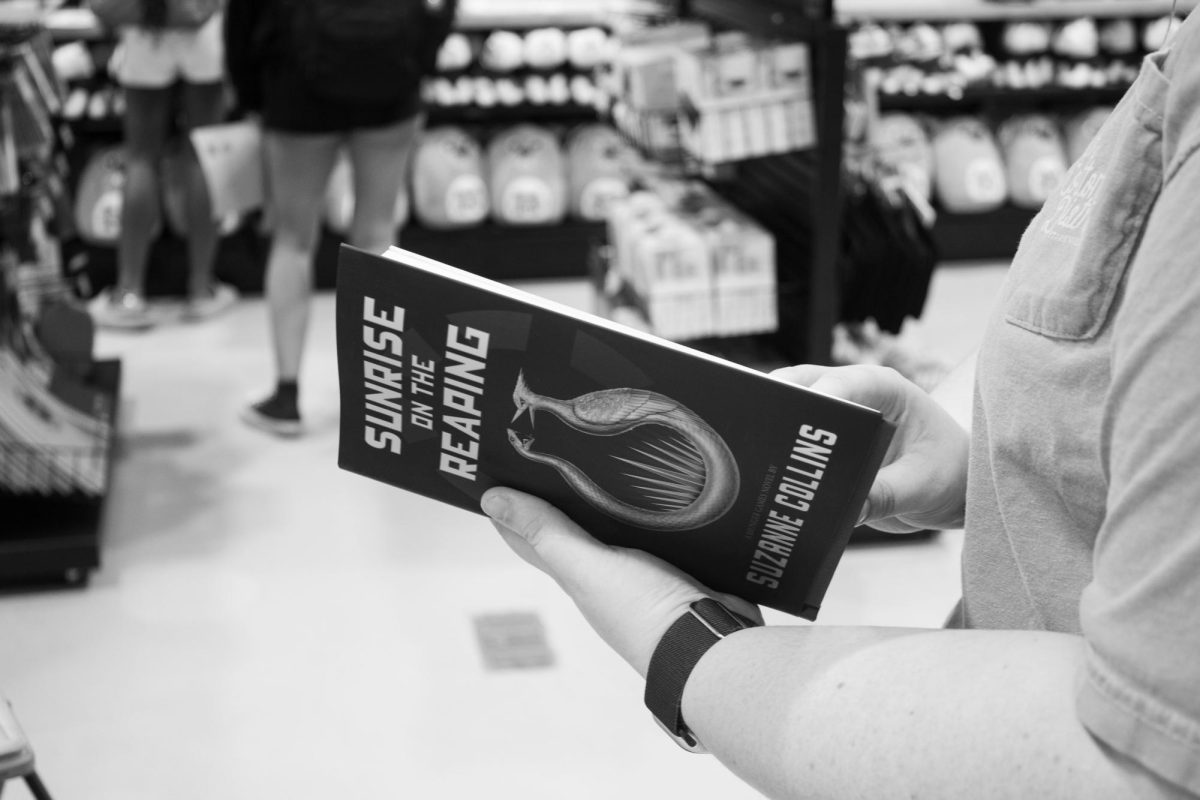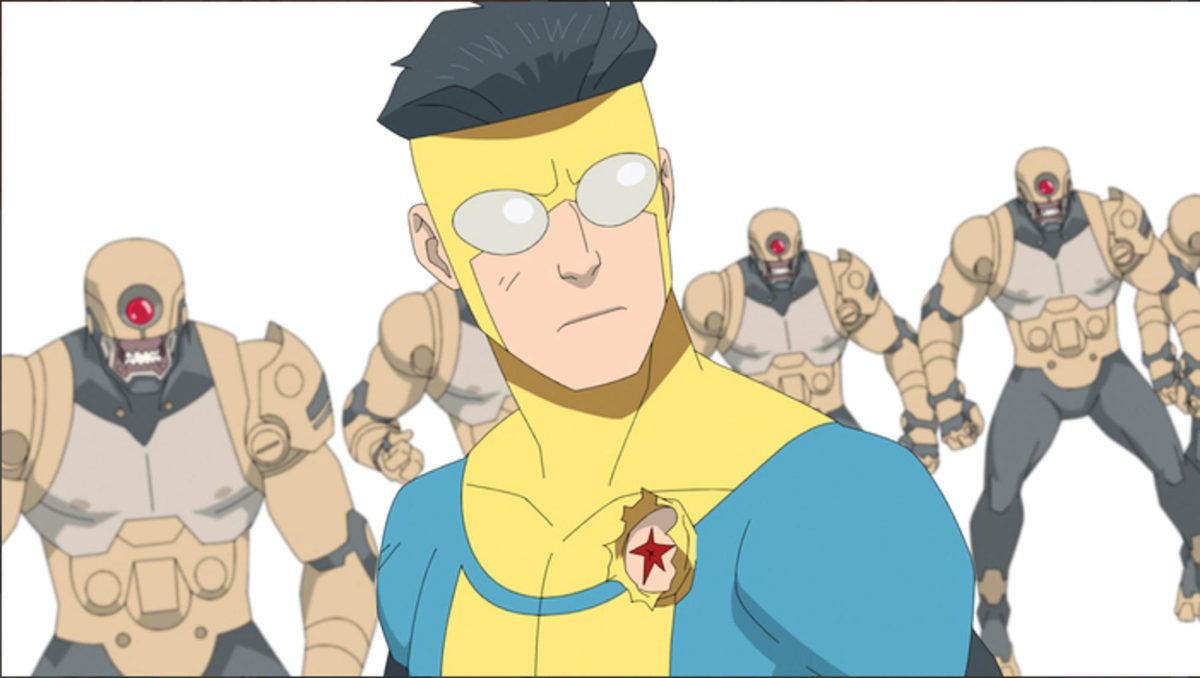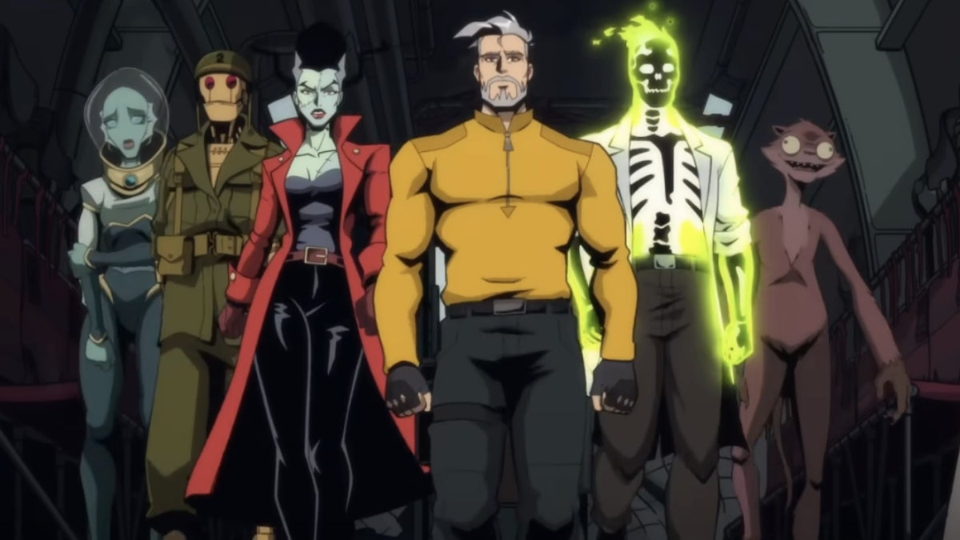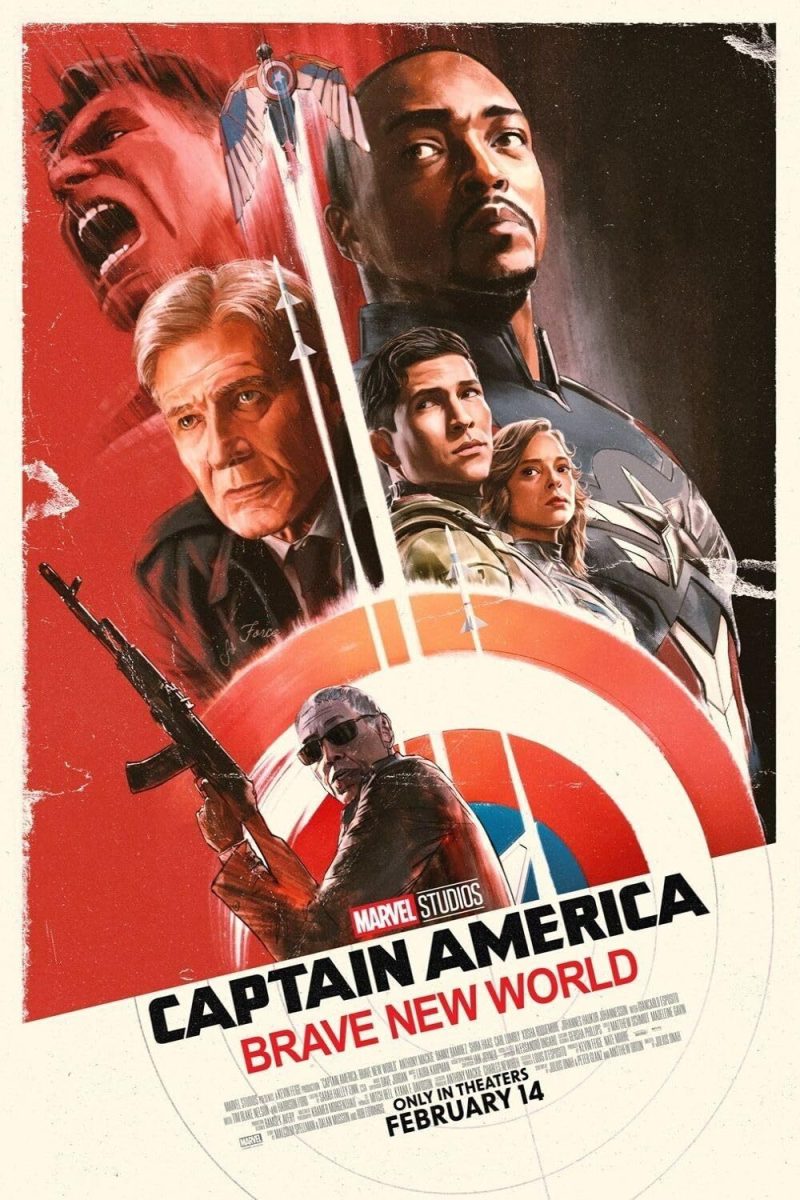Proving Hollywood still holds nothing sacred, “The Twilight Zone” was rebooted, again. Offered as an exclusive to CBS All Access (another useless streaming service), this rendition aims to bring more nostalgia into 2019.
As the third attempt to refresh Rod Serling’s classic series, Jordan Peele has taken the reigns as this show’s executive producer and host. With his recent success as a horror director notwithstanding, there is not much he brings to the table here. His brief appearances are great, but they take up under 5% of the runtime.
The first two episodes were released Monday, leaving a lot to be desired from heightened expectations.
The pilot episode went for a dramatic take on the cost associated with supernatural deals, successfully building up tension. This episode was emotional and dark, offering little comedy to balance everything out. The first act was far too long, but it revived itself with an interesting execution.
Kumail Nanjiani was a solid choice as the comedian. However, he did not bring the charm other actors provide. There is also a fun Tracy Morgan cameo, but he failed to add a unique spin to a character anyone could play.
Featuring a comedian instead of an actor was a bizarre choice to attract fans. The dialogue is not very funny, with humor only resulting as a surreal byproduct. Being a terrible comedian, caring more about enacting change instead of laughs, works until it does not.
Once the supernatural element takes place, Nanjiani’s jokes garner immediate praise from the audience. The issue comes to play when he is still a bad comedian, having the crowd treat unfunny jokes like comedy gold. Perhaps the viewers would enjoy the comedy segments if they actually featured clever comedy writing.
It succeeds occasionally, offering morbid flashes toward fans of the original series. When Samir gets angry on stage, a predatory feeling creeps from his actions. His hesitancy toward using his power devolves into brutal disregard for human life. Having the crowd react to “fresh blood” was reminiscent to the darkest highlights of the original “Twilight Zone.” It is in these small moments that the future potential of this series is visible.
Unfortunately, the premise of this episode holds no surprises. The “deals to achieve success” trope always have the same genie-like backfire effect. A major controversial point is the inclusion of vulgar language, which does not bring anything to the script. If anything, it feels like cheap pandering to fans of mature sci-fi like “Black Mirror” and “Rick and Morty.”
The length of this episode was far too long, going over 50 minutes. If cut to half an hour, the pacing would have been far more intense and thematically stronger.
The second episode, “Nightmare From 30,000 Feet,” was actually quite subdued. As a reimagining of the classic William Shatner episode, this entry features Adam Scott. Being shorter, tighter and significantly stronger thematically led this to be the better option between the two episodes.
Instead of a gremlin on the wing of the plane, a podcast predicts the future outcome of flight 1015. Goofy premise aside, the acting, cinematography and script were all fairly spectacular. Some shots brilliantly showcased the “pressure” of the flight, leading to an intense half hour that anyone could enjoy.
There are few flaws with this episode, with the only major issue being the ending. Opposite to the pilot, the final minutes bottlenecked what could have been an impressive way to reinvigorate support for this show.
Overall, the mixed reaction to this reboot is understandable, but there is enough for sci-fi fans to enjoy.
Some easter eggs and callbacks are thrown in, which are fun for fans to see on repeat viewings. The stories, while not excellent, are not phoned-in. The supernatural elements presented offer a unique, albeit safe way to introduce this reboot.
The effort is visibly on display, but as a first impression, there is not much excitement to be found in the “The Twilight Zone.”



